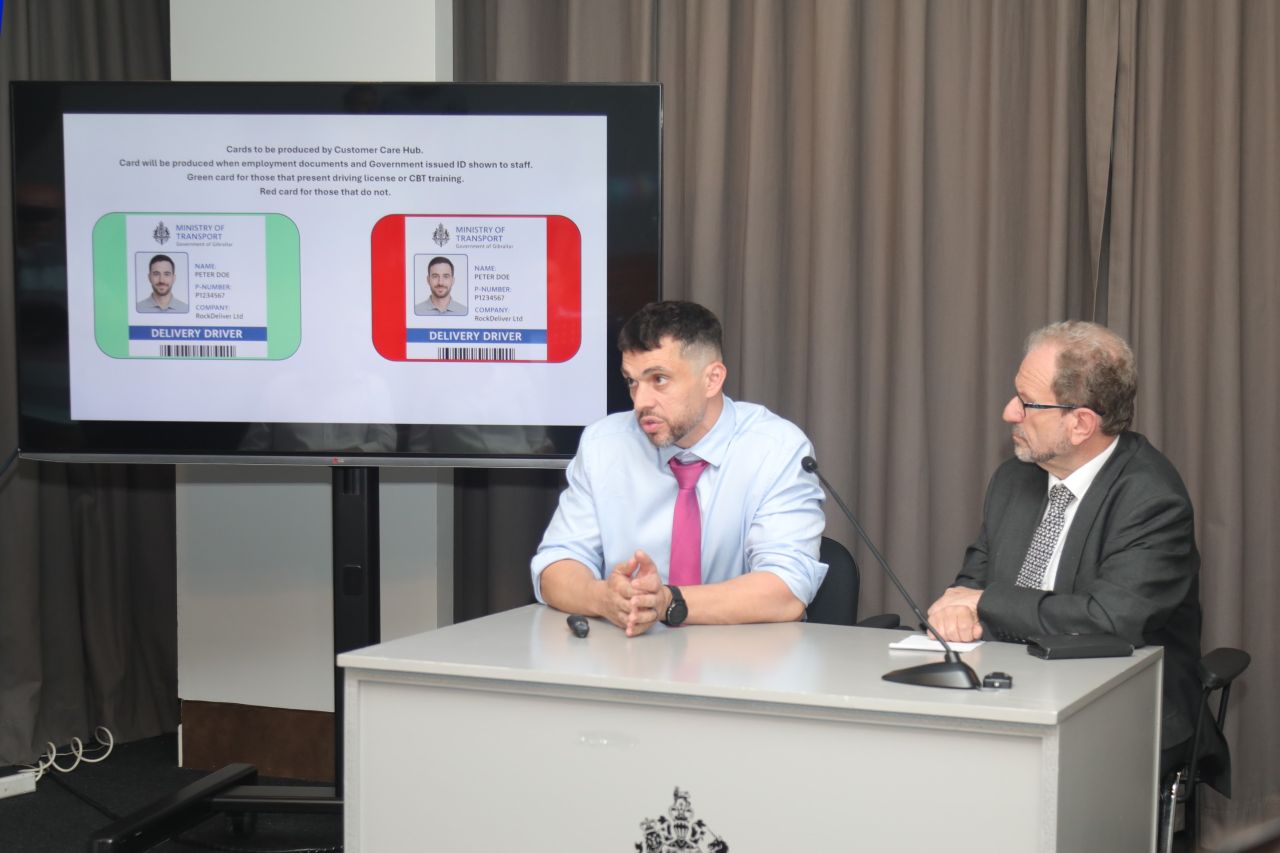Government Introduces New Regulatory Framework for Food Delivery Sector

The Government is introducing a series of legislative changes aimed at improving standards in the growing food delivery sector. The measures will be implemented in three phases, with a focus on employment conditions, road safety, and food hygiene.
The first phase introduces a requirement for all food delivery companies to clearly display their corporate branding on both the delivery box and the uniforms worn by their drivers. Each delivery driver will also be assigned a unique identification number to promote greater professionalism and accountability.
In addition, all food delivery drivers will be required to obtain a Delivery Driver Card. This will be issued upon presentation of a valid work contract, photo identification, and driving licence at the Customer Care Hub. The purpose of this requirement is to establish a preliminary verification system to ensure drivers are legally employed and to support the enforcement of minimum standards across the sector.
Subsequent phases will focus on further professional development and the introduction of enhanced vehicle and food safety requirements.
Alongside these reforms, HM Government of Gibraltar will also be amending the current PLETs (Pedal Cycle with Low Emission Technology ) legislation to include thrust-controlled e-bikes, ensuring a more consistent and enforceable regulatory approach.
Enforcement of the new measures will be carried out by the Royal Gibraltar Police, labour inspectors, and transport inspectors. An information and engagement campaign will begin immediately, with Fixed Penalty Notices (FPNs) to be issued for non-compliance from September 2025.
Commenting on the initiative, the Minister for Transport, Professor John Cortes, said:
“These reforms represent a necessary and measured step forward in recognising the role played by food delivery services in Gibraltar, while ensuring that those working in the sector do so within a clear and fair legal framework. Our aim is to support responsible operators, enhance public safety, and uphold the standards the public rightly expects.”
Latest News
- St. Theresa’s B&UB Crowned Champions
- 36th Annual Painting Competition Exhibition Of Entries And Winners
- Government Introduces New Regulatory Framework for Food Delivery Sector
- Military Training Exercises Next Month
- Workshop to Unmask the Financial Flows Behind Human Trafficking and Modern-Day Slavery
- Unite calls for “Urgent Response” from HMGOG to Address Issues of Pay Parity for Allied Healthcare Professionals
- Youth Achievement Awards Ceremony Celebrates Exceptional Young Talent
- Renowned British Architect Michael Pawlyn To Deliver Keynote Address At Aspire Gibraltar
- Delayed Rooke Elderly Care Facility Announcement Raises More Questions Than It Answers Says GSD
- Nuclear Alarm Test




